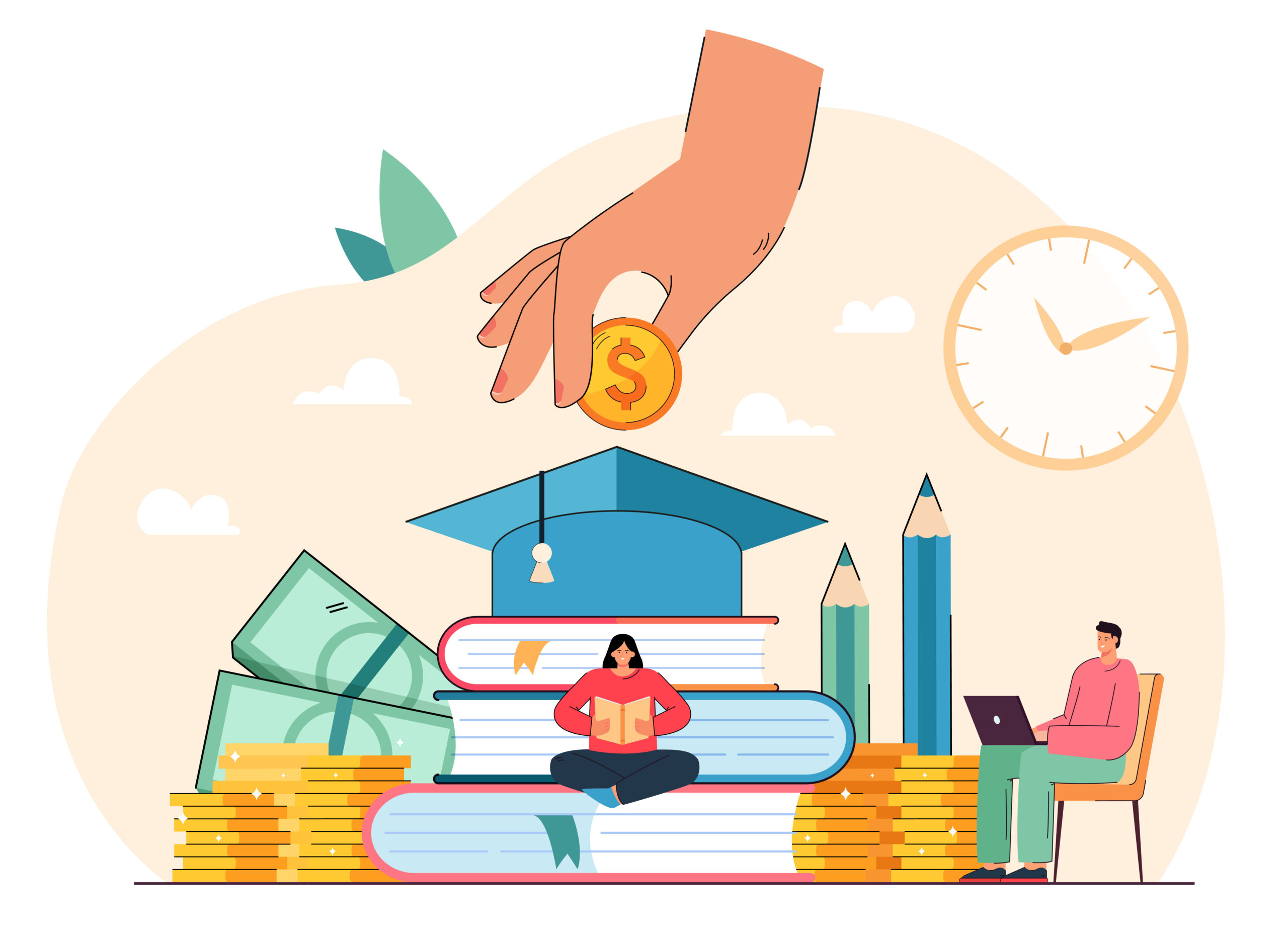One thing most people can agree on when it comes to student debt is that earning a degree is the best way to secure a good job and middle-class lifestyle. That’s one big reason why the federal government makes student loans — they help people to earn those valuable degrees and become part of a strong American economy.
Generally speaking, more people with an advanced education is a good thing for a country as a whole. This is because educated workers boost overall economic prosperity, whether it’s by starting their own companies or providing the skilled workers that are needed to produce breakthroughs in science, medicine, entertainment and other industries. In their personal lives, educated workers also drive the economy by buying homes and having more money to spend on everything from groceries to vacations.
Did you know? About nine out of every 10 student loans come from the federal government.
College access is good for society, but student loans are a complicated business
Another reason that the federal government is the primary provider of student loans is that, by and large, student loans are a high risk business. College students rarely have an existing debt repayment history, so they don’t have a track record to prove they are reliable in terms of making payments, which makes it hard for lenders to assess the risk of issuing a loan. If someone doesn’t finish their degree, or gets a poor quality education, they are also likely to struggle to repay their loan. And unlike with a home mortgage or car loan, there isn’t any property tied to the loan that the lender could seize if they don’t get their money back.
For those reasons, a private lender like a bank — which has to make a profit to stay in business — would most likely refuse a loan to many student borrowers, or would set interest rates higher than students could reasonably repay. That means there would be fewer people going to college and fewer people with degrees, which leaves the country worse off in the end. The government can offer all students loans if they need them, and with lower interest rates and monthly payments, because it does not have to earn a profit. To the extent that there are losses on these loans (i.e. payments that are not made by borrowers) that taxpayers must pay for, most people generally agree they are worth it — the return to society will be a good one.
In recent years, however, some people have raised concerns about the payoff from a college education due to rising costs and student debt. Read more about that here.
To learn more about why the federal government got involved in student loans, check out this article.
A resource from the Peter G. Peterson Foundation, created with collaboration from the Center for American Progress (CAP) and the American Enterprise Institute (AEI).
Click here to learn more about borrowing to help pay for college. Our Affordability Calculator can help guide you on the maximum amount that is recommended to borrow.
